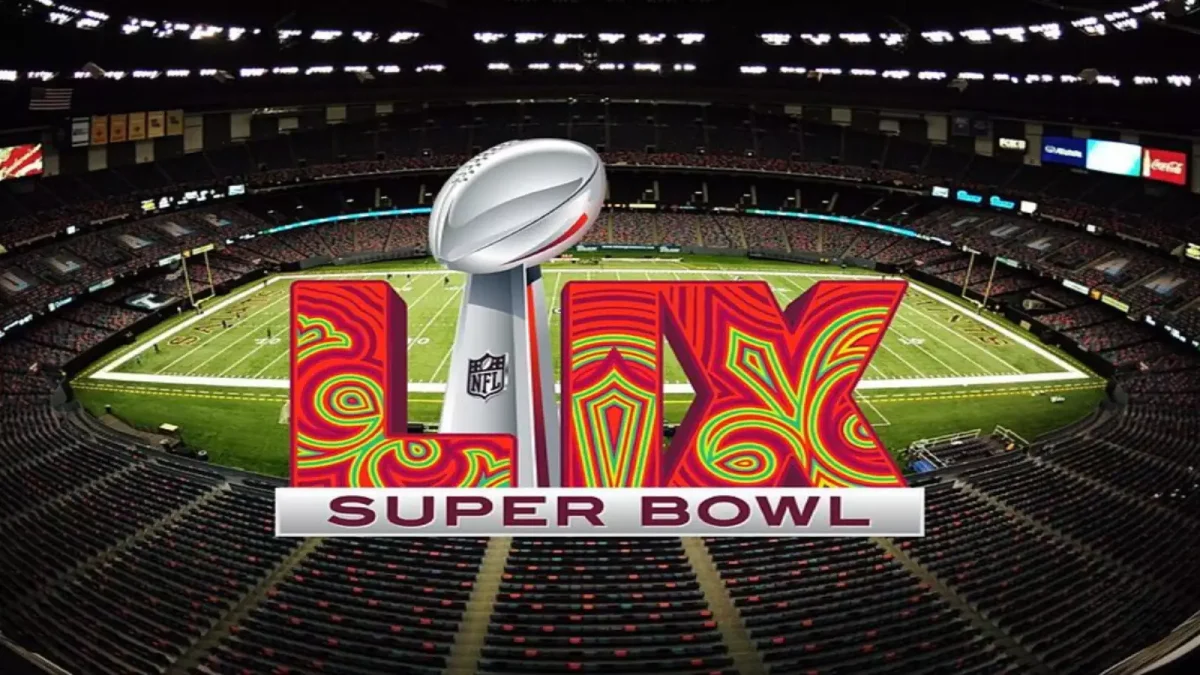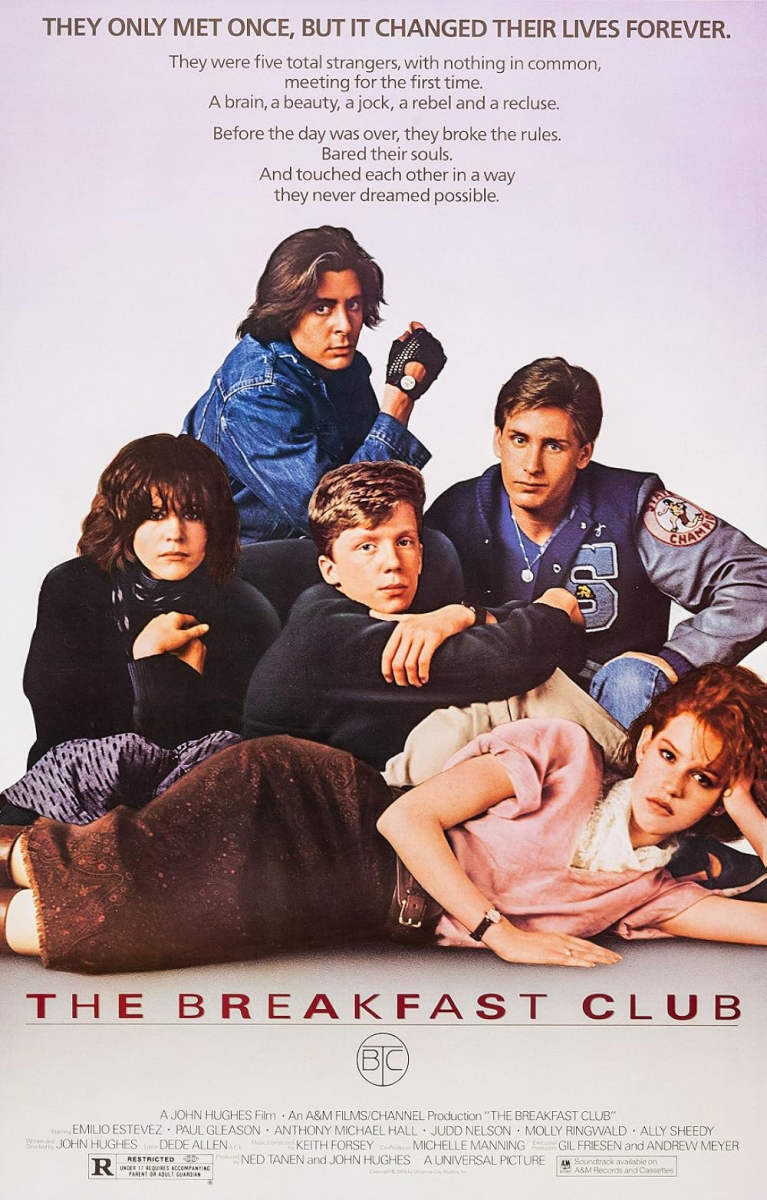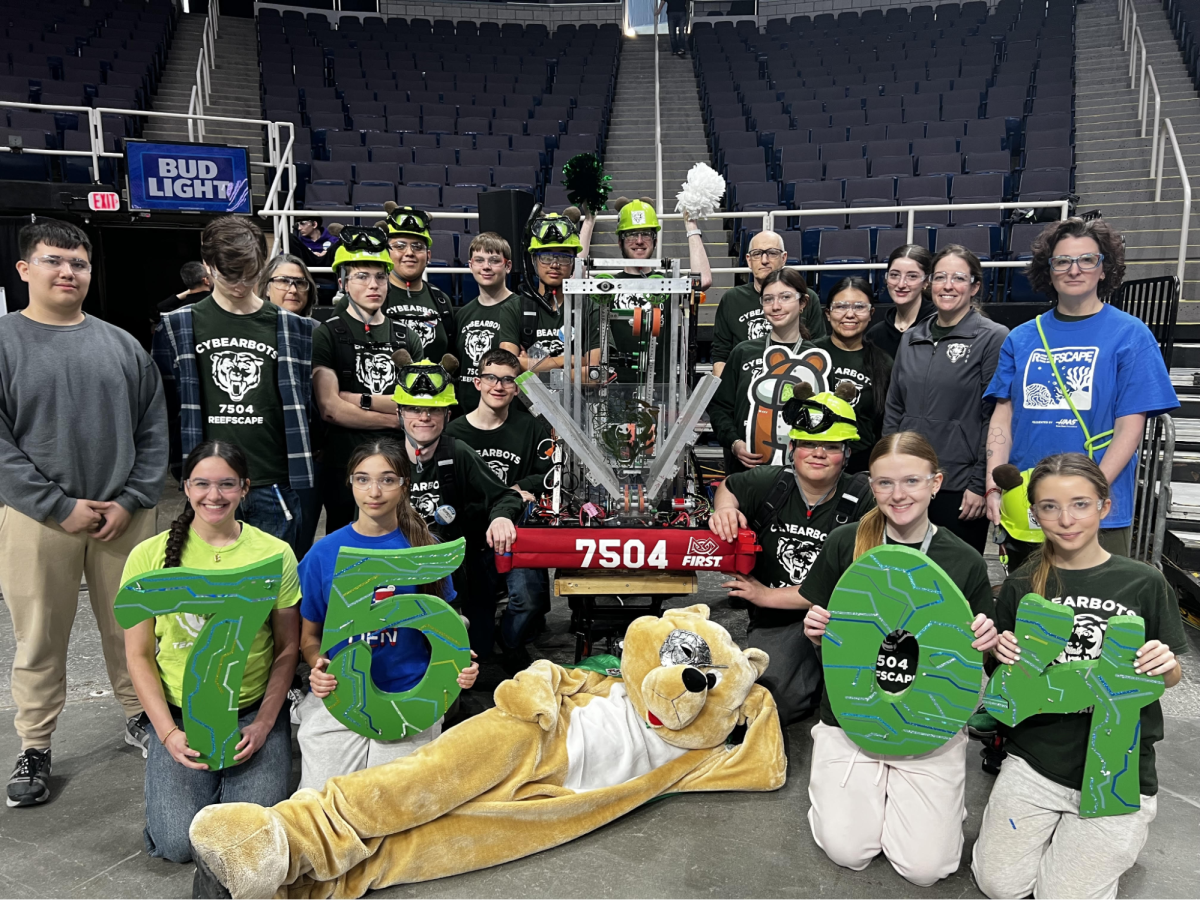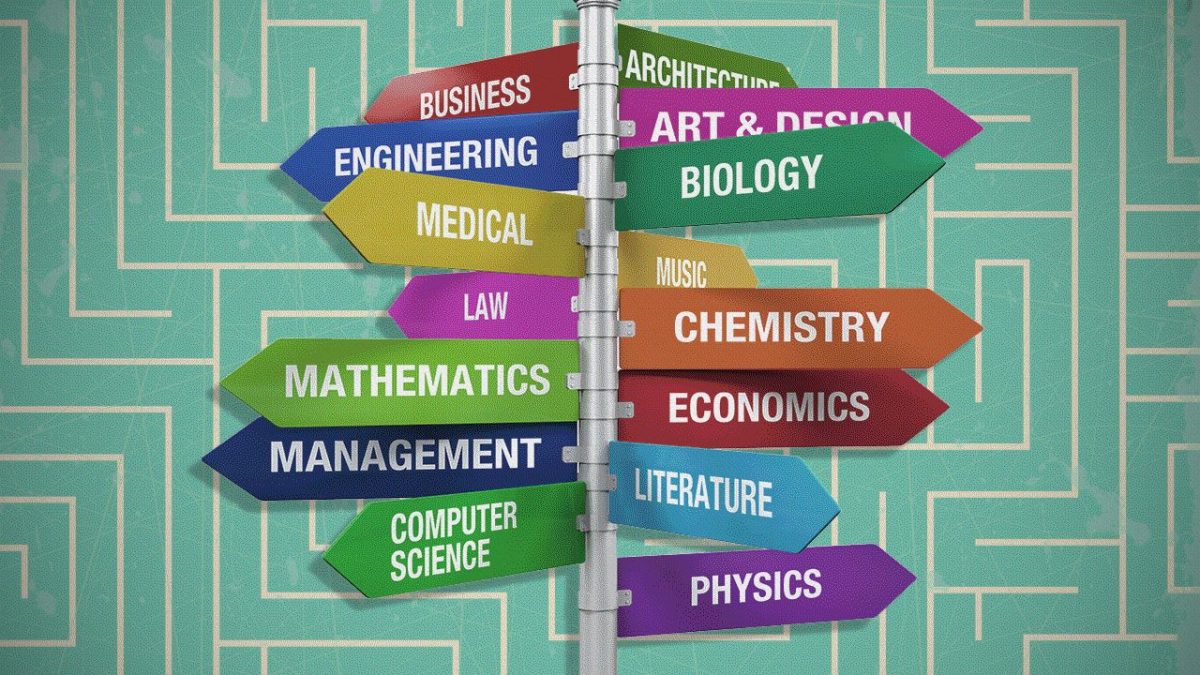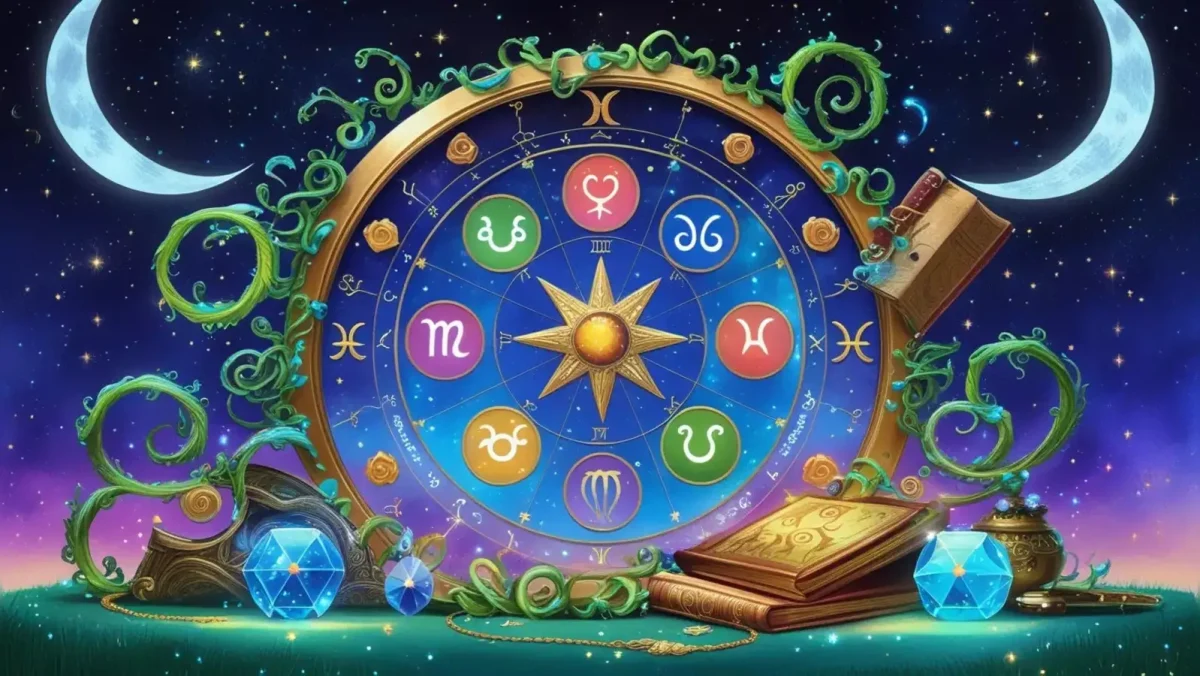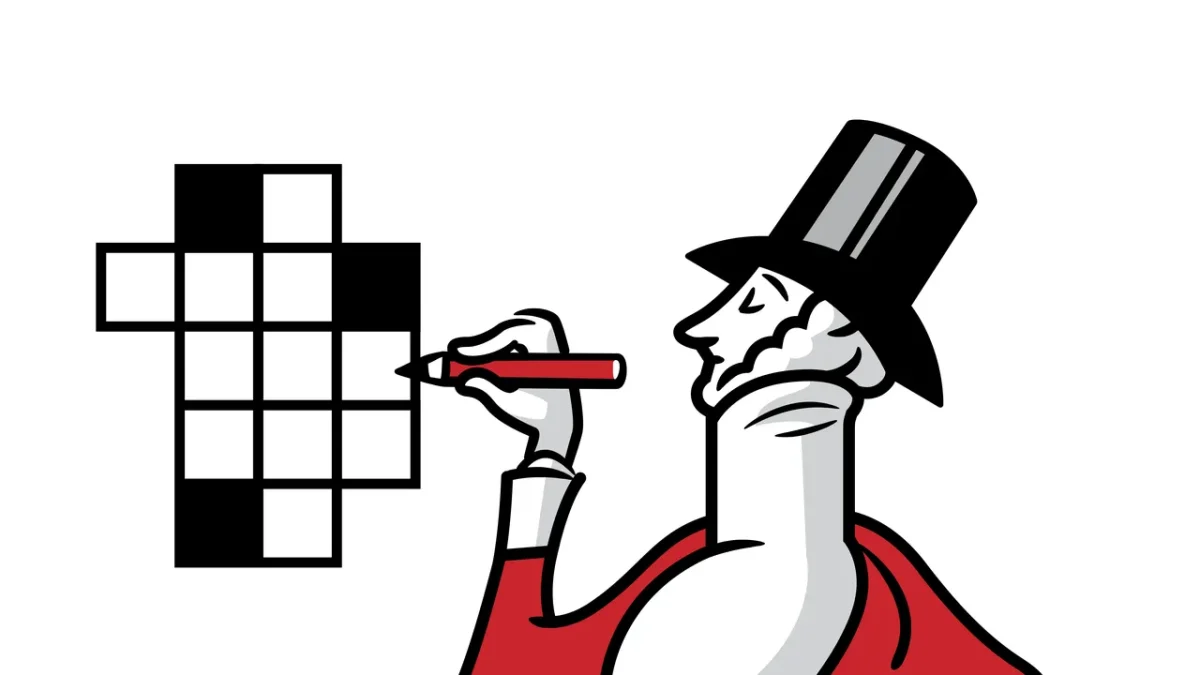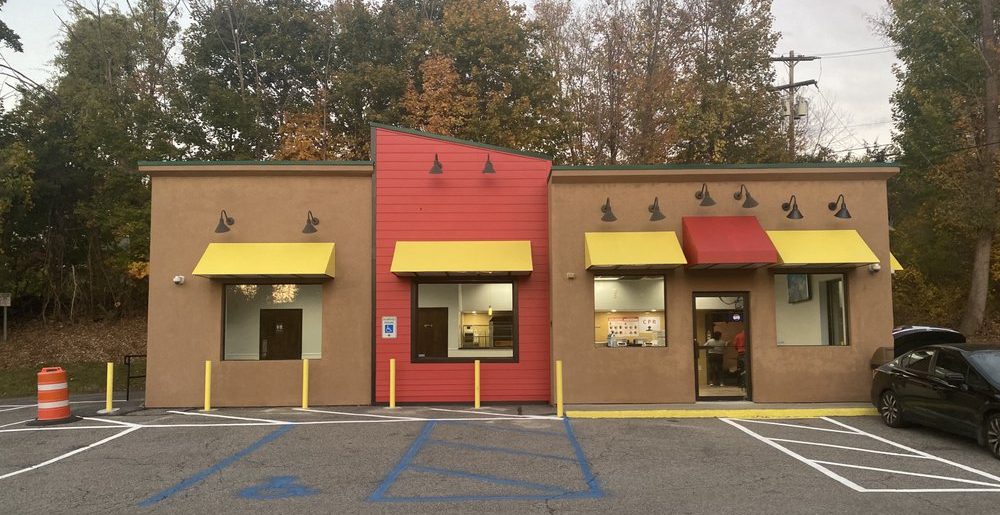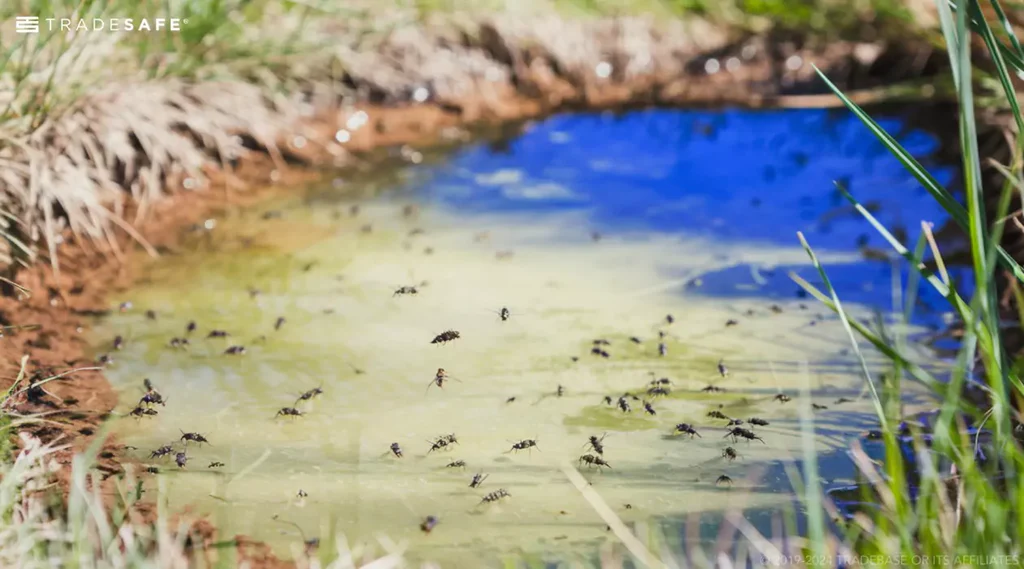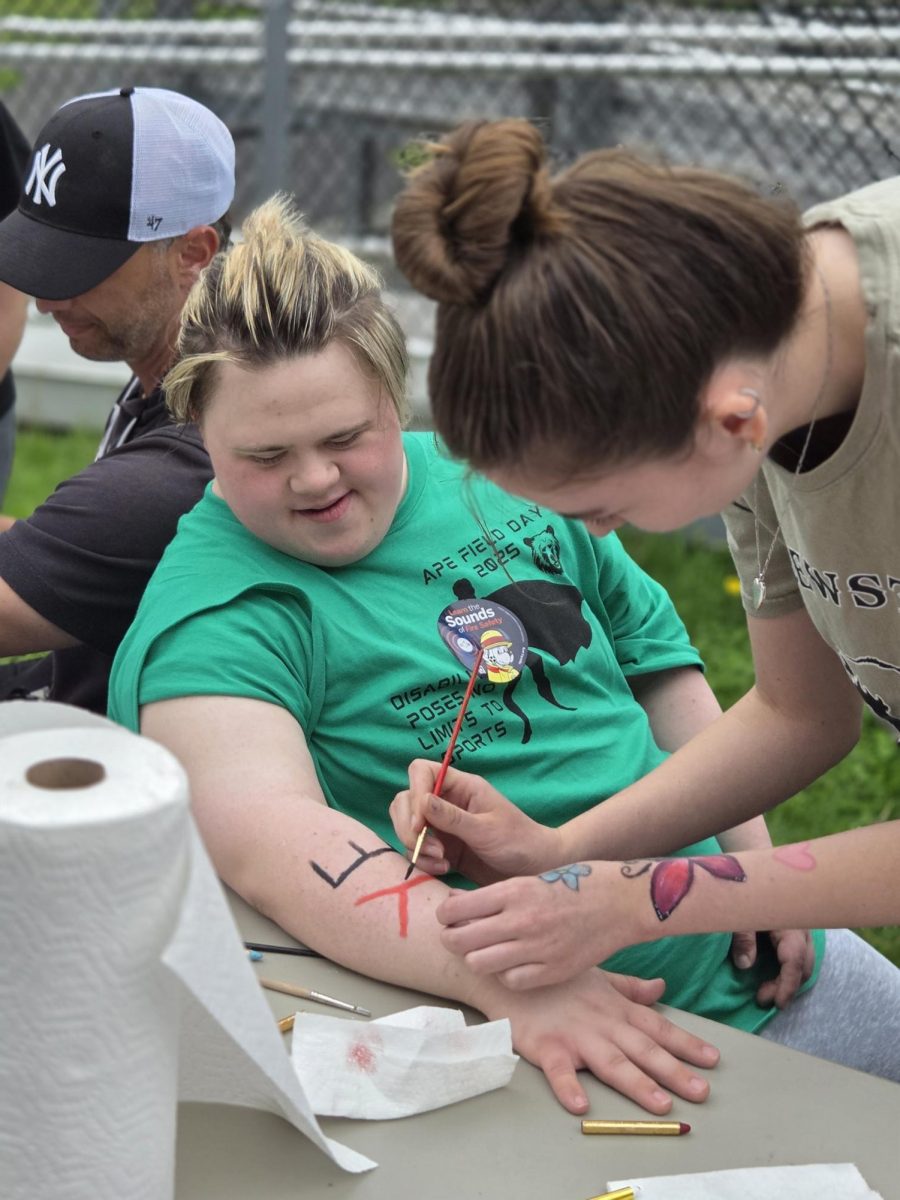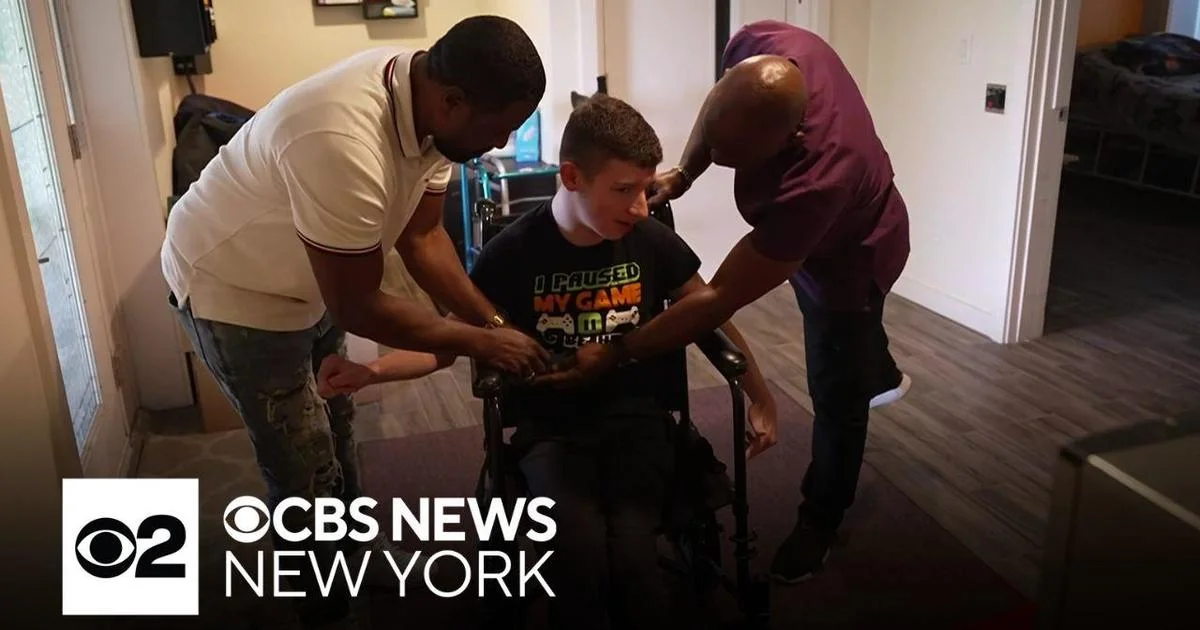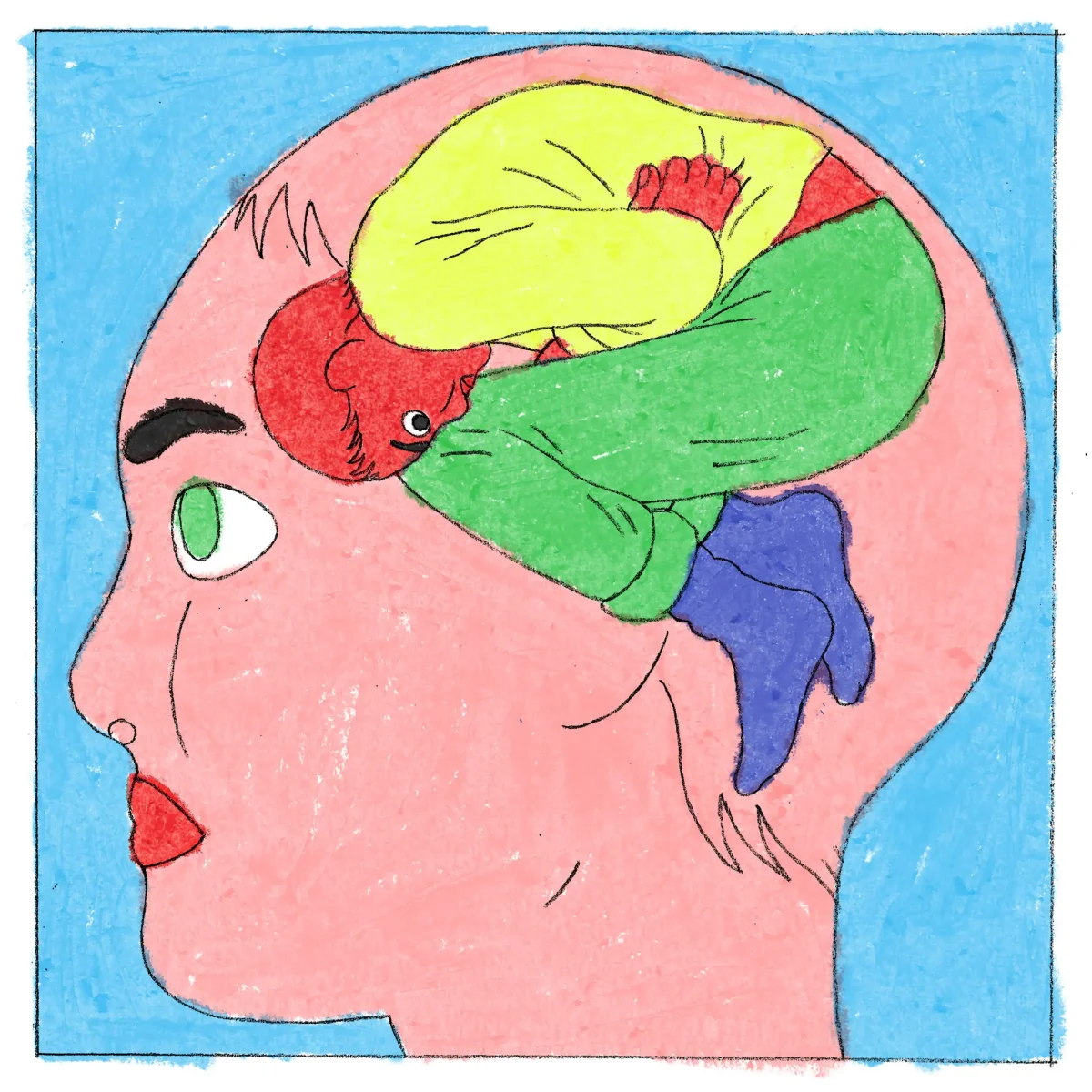What Is PKD And How Do We Treat It?
The 4th leading cause of kidney failure, Polycystic Kidney Disease affects 600,000 Americans

June 6, 2023
My aunt, who suffers from a chronic illness, Polycystic Kidney Disease (PKD), is currently in need of a new kidney.
PKD is a genetic disorder that causes fluid-filled cysts to grow in the kidneys. These cysts are noncancerous, but change the shape and enlarge the kidneys. There are two major forms of Polycystic Kidney Disease: autosomal dominant PKD (ADPKD), which is usually diagnosed in adulthood, and autosomal recessive PKD (ARPKD) which is diagnosed in the womb or shortly after birth. This is due to a gene mutation that is inherited from a parent. There are few cases where a person can get the disease on their own without the gene copied from a parent. This is called a “spontaneous” gene mutation. It can affect all ethnicities and races and occurs equally in men and women.
Most people are born with two kidneys, one on each side of their spine. They filter blood and remove waste, which then leaves the body as urine. They are also responsible for regulating blood pressure. When a kidney is impaired, it can’t perform these functions. This causes the affected person to have high blood pressure, kidney swelling, loss of appetite, and experience fatigue. People with PKD must frequently monitor their blood pressure and their diet.
Kidney disease can be treated short term through dialysis which is the process of filtering blood and waste from the kidneys. A more permanent solution would be a kidney transplant. Unfortunately, more than 90,000 people in the US need a kidney transplant. It will most likely take years before a patient can receive one. The NYU Langone Transplant Institute is the nation’s top-ranked transplant institute, performing the highest number of transplants in the state. This organization accepts donations through consenting living donors or from deceased people where families consent to donate their organs. Most kidneys provided for transplants come from deceased donors.
Donated kidneys must match the recipient’s blood and tissue type, otherwise, the body will reject the kidney and the transplant will fail. People with a transplanted kidney must take anti-rejection medicines which have side effects. They may need more than one transplant throughout their life depending on their age. If the prospective recipient is called about a kidney through a transplant institute, there is no guarantee that it will match them but it does mean they are high on the list of transplant recipients.
A new transplanted kidney doesn’t always mean a fresh start for the recipient but it can provide a better quality of life, which is why it’s so important to raise awareness and get as many donations as possible.
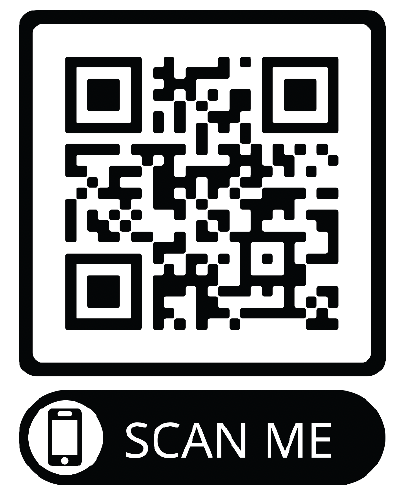
Scan the QR Code for my aunt’s story and more information about PKD.
www.thegreatsocialexperiment.net/patients/helen-pacheco

























